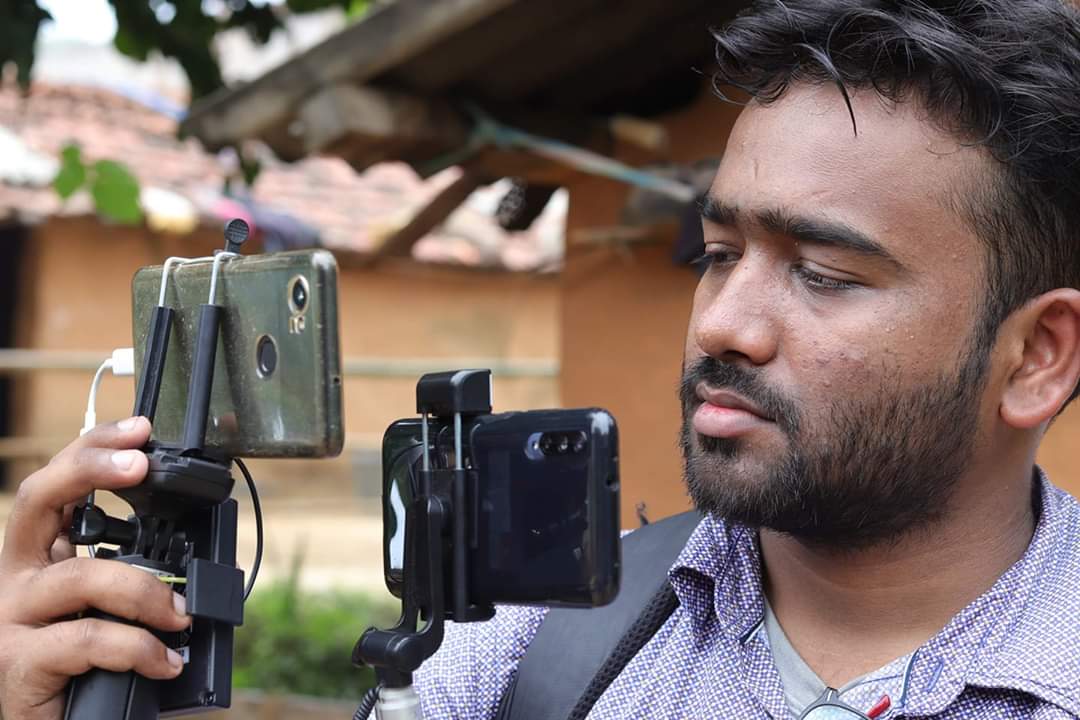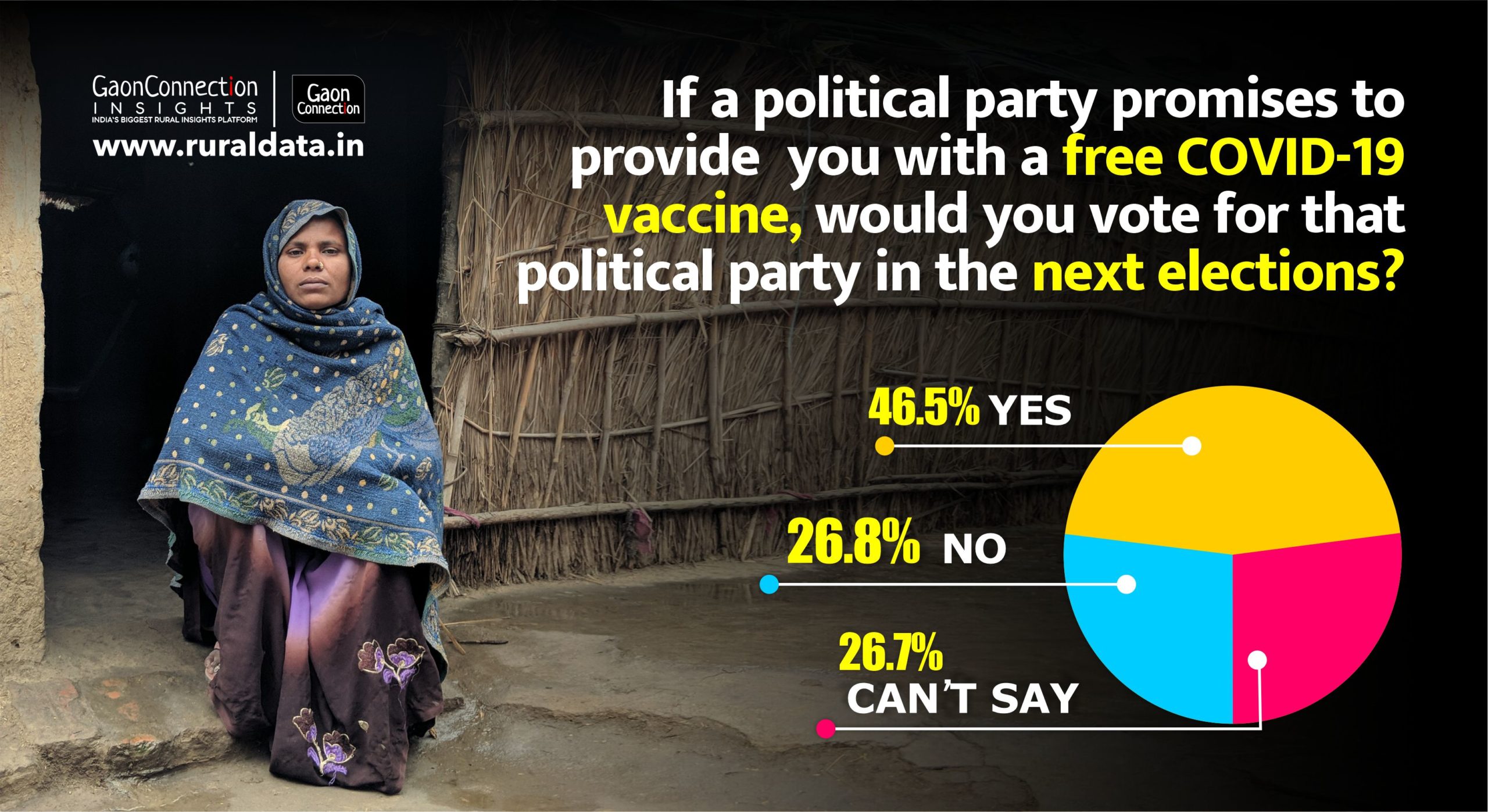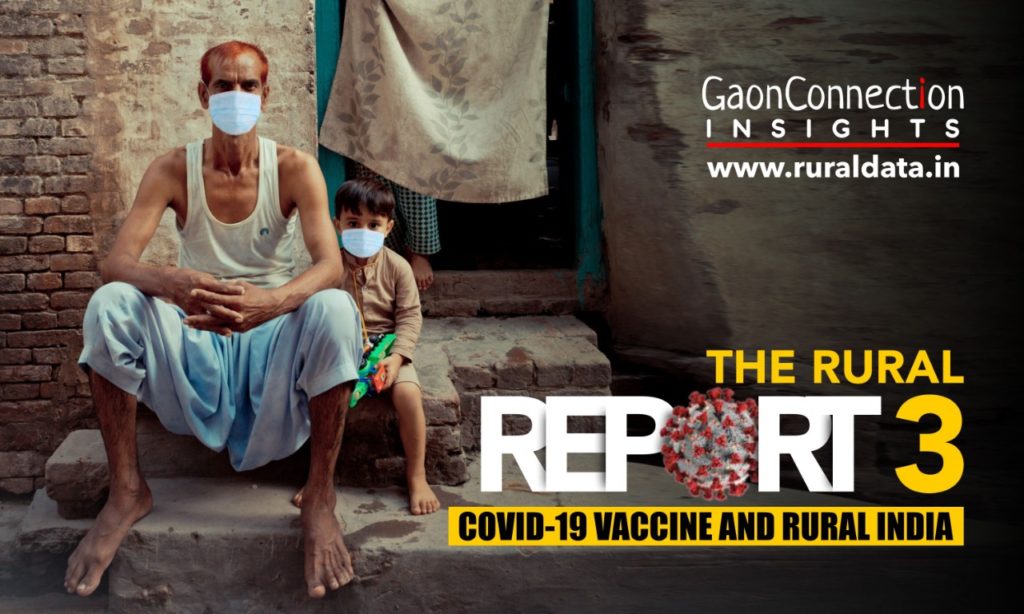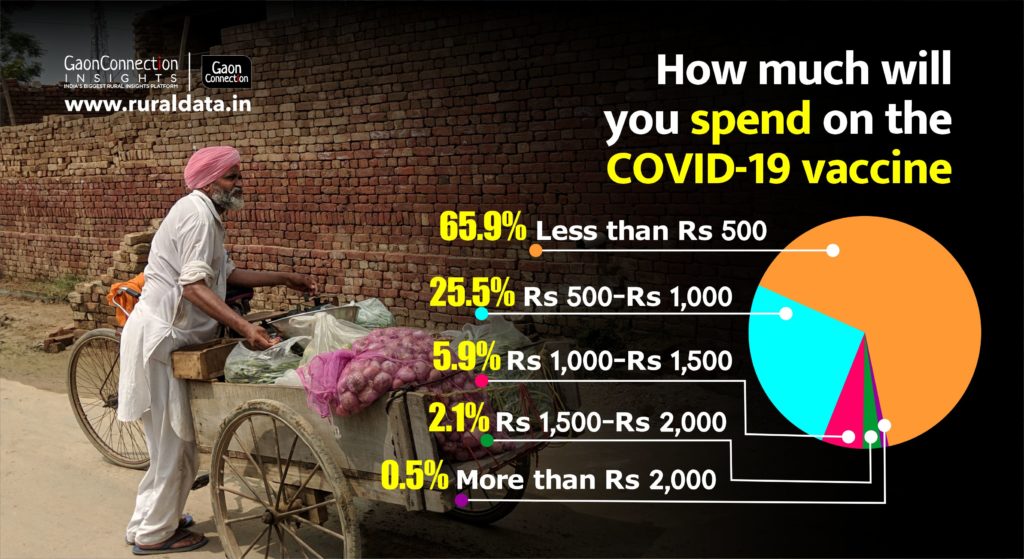Nearly half of rural Indians said they would vote for the political party that offers free corona vaccine: Gaon Connection Survey
In response to the first survey of its kind on ‘COVID-19 Vaccine and Rural India’ by Gaon Connection Insights across 16 states and one union territory, almost 47% of rural respondents said they would vote for the political party that offers them free coronavirus vaccine. However, the higher a respondent was educated, the lesser the likelihood of her/him voting for such a party.


India’s biggest rural media platform, Gaon Connection, has recently released findings of its unique survey on corona vaccine and rural India, which has found that 46.5 per cent of rural respondents would vote for the political party that offered them free COVID-19 vaccine. Meanwhile, 27 per cent respondents said a free corona vaccine would not influence which political party they vote for in the next election. Meanwhile, analysis by educational attainment shows that more educated respondents were less likely to vote for a political party in the next election which offered free a COVID-19 vaccine.
Vaccine and voting aside, half the rural citizens said they trusted the coronavirus vaccine offered by an Indian company (50.5 per cent) as against any international company (16 per cent), with 29 per cent saying they trusted any vaccine recommended by the Indian government.
These key findings of the survey by Gaon Connection Insights, the data and insights arm of India’s biggest rural media platform Gaon Connection have been released as ‘The Rural Report 3: COVID-19 Vaccine and Rural India’ and available in full for a free download on www.ruraldata.in.

The face-to-face survey, conducted between December 1 and December 10, was carried out by Gaon Connection surveyors among 6,040 rural respondents across 60 districts in 16 states and one union territory. The selection of states, covering all regions of the country, was based on the prevalence of COVID-19 as per the COVID data of the Union ministry of health and family welfare, Government of India.
The survey had a margin of error of 5 per cent and a 95 per cent confidence level.
According to the survey, in the states with high COVID-19 prevalence, 42.3 per cent of the respondents said they would vote for a political party promising free corona vaccine. However, 48.6 per cent of respondents in states with medium corona prevalence rate said they would vote for the political party that offered a free vaccine. Even in the states with low COVID-19, nearly 48.1 per cent of respondents said they would vote in lieu of a free vaccine.
In the recent Bihar Assembly elections, the NDA alliance at the Centre and the state had promised free vaccine to the people of Bihar during the electioneering. Announcing NDA’s ‘Sankalp Patra’ (manifesto) in Patna on October 22, finance minister and senior BJP leader Nirmala Sitharaman had promised a free corona vaccine to the people of Bihar.
More recently, on 15 December, Kerala chief minister Pinarayi Vijayan also announced free COVID-19 vaccine in his state. He too made the announcement at an election rally. In Kerala, municipal body elections are currently underway. Besides, during the Hyderabad Municipal Corporation elections also, BJP had talked of giving a free vaccine in its manifesto.
Health rights activists have expressed strong opposition to the political parties’ intention to politicise the issue of free vaccine and making it a vehicle to gain political leverage during elections. Delhi-based economist and health rights activist Ravi Duggal termed the political parties’ offer of free COVID-19 vaccine during political rallies “very regrettable”.
“Like other health facilities and vaccines, COVID-19 vaccine should also be free. In a capitalist country like America, it is free and even in the European countries it is being provided free of cost. But it is very unfortunate that COVID-19 vaccine is being politicised in India,” he told Gaon Connection.
“Undisputedly, the COVID-19 vaccine should be free and the responsibility of providing it should be of the governments and policy makers and not the whims of some political party taking advantage of power for their political gains,” he added.

Similar views are expressed by Amulya Nidhi, the health rights activist associated with Jan Swasthya Abhiyan in Madhya Pradesh. “There should be no money charged for the COVID-19 vaccine and it should be part of the national immunisation programme,” he told Gaon Connection. The COVID-19 epidemic has already worsened everyone’s economic conditions. Unemployment is at its peak and people have lost their jobs. At the same time, the government has received funds for the pandemic, many corporate houses have donated and even the common people have helped the government through the PM Cares Fund. All this financial support must be used for vaccinating the people, he added.
“Polio drops, TB, hepatitis and chickenpox vaccines… most of the vaccines in government hospitals are provided either free or at a very nominal price, so why should we pay money for getting the COVID-19 vaccine?” questioned 63-year-old Durgawati Devi of Sant Kabir Nagar, an extremely backward district of Uttar Pradesh.
During the Gaon Connection survey, a number of respondents voiced similar sentiments. For instance, about 36 per cent of the respondents said the COVID-19 vaccine should be provided free of cost. However, 44% said they were willing to pay for it. Out of those willing to spend money, two-third wanted the cost of the corona vaccine to be within Rs 500.
Meanwhile, several states have already started to pressurise the central government for a free vaccine. These include Bihar, Chhattisgarh, Maharashtra, Rajasthan and Telangana. The chief ministers of these states have written to the Prime Minister Narendra Modi demanding to make the COVID-19 vaccine free for all. It remains to be seen though what decisions the Centre and the state governments would take after the vaccine comes.

